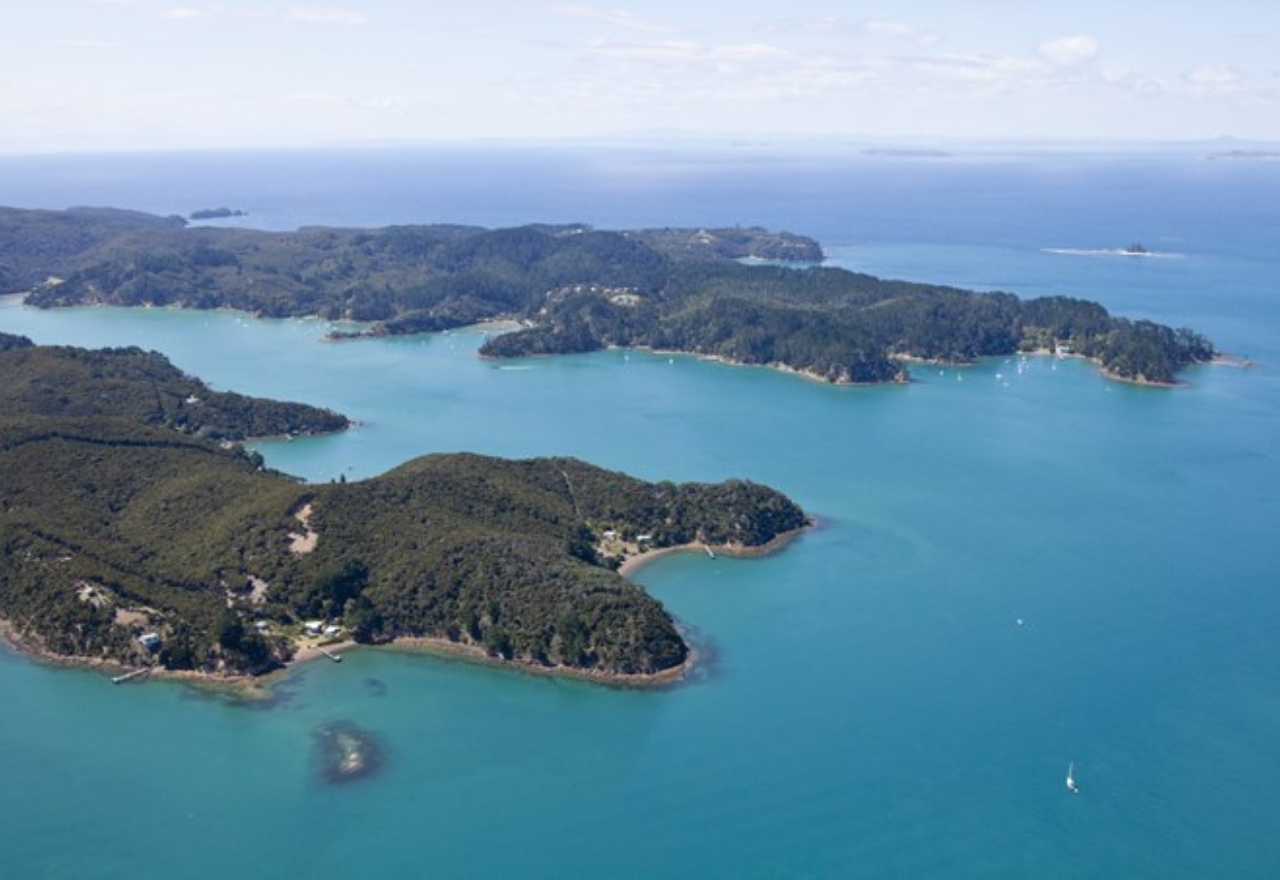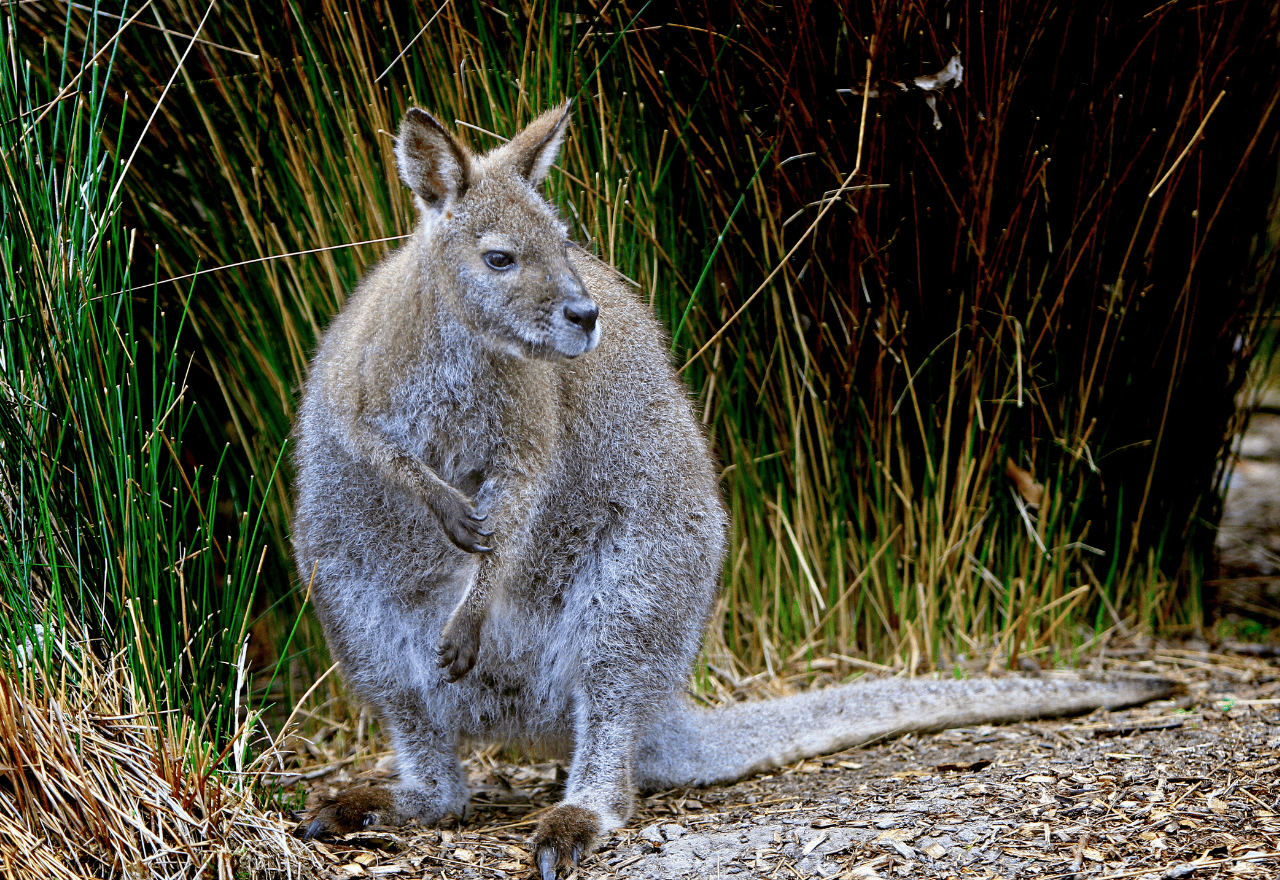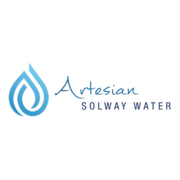Toxins to be used in Kawau Island pest control operation – dog owners urged to stay away
20 July 2025, 7:38 PM

Auckland Council has stepped up efforts to restore Kawau Island’s native forest, with a large-scale pest eradication project now underway — and dog owners are being warned of a serious risk of poisoning during the next phase of the operation.
The project, run in partnership with residents and landowners, is targeting invasive wallabies and possums that have devastated the island’s forest. These browsing pests strip young seedlings and native plants, preventing regeneration and destroying food and habitat for indigenous wildlife.
Following years of planning, Stage One began on 1 May 2025, with ground-based hunting in Kawau Island Historic Reserve and nearby private properties at the southern end of the island. The project is progressing from south to north, and the entire operation is expected to take 18 months, with a further six months of monitoring and caution.
So far, hunters with indicator dogs and thermal drones have targeted pest hotspots. However, due to ongoing high pest numbers in some areas, targeted use of toxins in stage 2 has began 15th July, weather permitting.

Dogs at risk – council urges visitors to stay away
The upcoming use of toxins — including 1080 and Feratox — poses a serious risk to dogs. Auckland Council is strongly advising visitors not to bring dogs to Kawau Island during the operational period, and residents must keep dogs leashed and under close supervision.
“Dogs are extremely vulnerable to 1080, especially if they scavenge poisoned carcasses or come into contact with bait,” said a council spokesperson. “While Feratox is less likely to cause harm unless eaten directly, the danger is still present.”
Although uneaten bait will be removed, carcasses may remain toxic for weeks, making secondary poisoning a real threat during the six-month caution period that follows bait deployment.
If you believe your dog may have been poisoned, you should induce vomiting and seek immediate veterinary care. Council has partnered with Warkworth Vets, who are prepared to treat affected dogs. Muzzles and emetic treatments are available free of charge for Kawau residents and landowners.
The use of 1080 poison has long sparked debate in New Zealand. While conservationists defend it as a vital tool for large-scale pest control in remote or rugged areas, critics raise concerns about risks to non-target species and environmental impact.
In the case of Kawau Island, Auckland Council says toxins will only be used in targeted, carefully monitored locations and strictly under permit. All applications are being conducted in line with public health regulations and robust safety protocols.
Warning signs will be posted throughout affected areas, and all visitors must follow council guidance and avoid contact with bait or carcasses. Anyone who accidentally consumes bait should call 111 immediately and contact the National Poisons Centre for advice.
Learn more or get involved
For maps, FAQs, and detailed updates on the Kawau Island pest eradication programme, visit the official project page at:
www.tiakitamakimakaurau.nz/get-involved/working-towards-a-pest-free-kawau-island
To support long-term conservation work in the region, head to the New Zealand Nature Fund at nznaturefund.org.nz.



